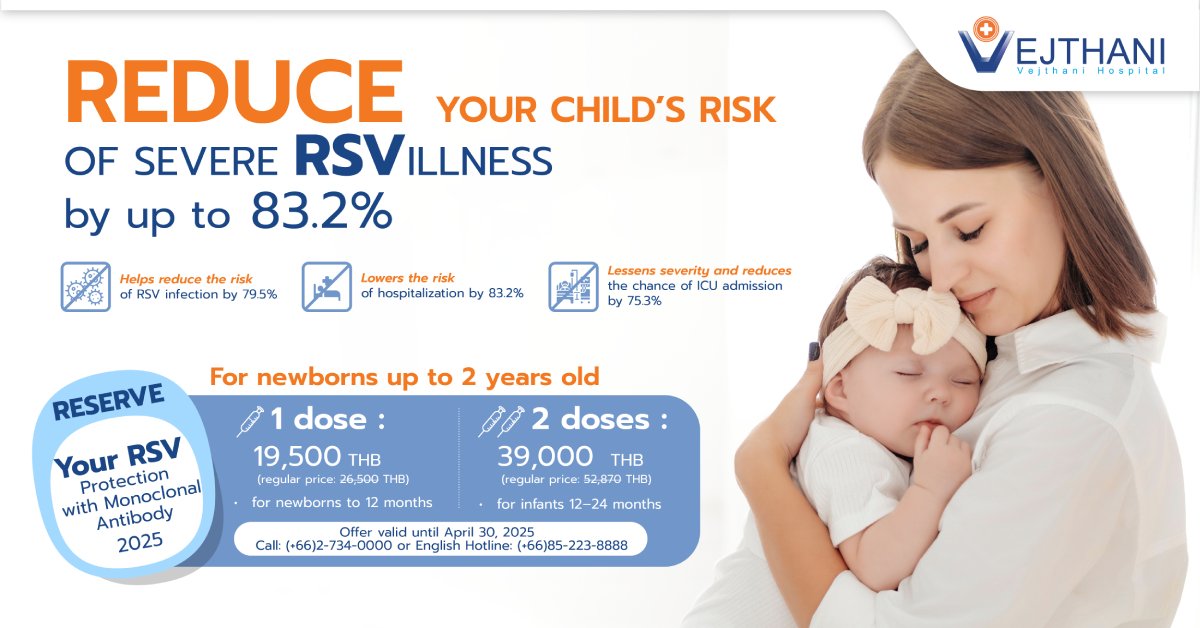
Reye’s Syndrome
Overview
Reye’s syndrome, also referred to as Reye syndrome, is a rare yet serious condition that leads to swelling in the liver and brain. While it can occur at any age, it primarily affects children and teenagers, often following viral infections such as influenza or chickenpox.
Symptoms include seizures, confusion, and loss of consciousness, which require immediate medical attention. Early identification and intervention are crucial in saving lives in cases of Reye’s syndrome.
Aspirin has been linked to Reye’s syndrome, so caution should be exercised when giving it to children or teenagers for fever or pain relief. Although aspirin is generally considered safe for children aged 3 and older, it is advised to avoid its use in those recovering from chickenpox or flu-like symptoms. For managing fever or pain in children, safer alternatives to aspirin include infant or children’s acetaminophen or ibuprofen. It’s always prudent to consult a doctor if there are any concerns or questions about medication usage.
Symptoms
A child typically experiences a drop in blood sugar levels, accompanied by increases in blood ammonia and acidity in Reye’s syndrome. It can also involve liver swelling and fat accumulation, as well as brain swelling leading to seizures, convulsions, or loss of consciousness.
Symptoms of Reye’s syndrome usually appear 3 to 5 days after the onset of a viral infection such as influenza (flu) or chickenpox. It can also develop following an upper respiratory infection like a cold.
Initial symptoms
The following are possible early symptoms of Reye’s syndrome in children under the age of two:
- Fast breathing.
- Diarrhea.
Early symptoms in older kids and teenagers could be:
- Constantly vomiting.
- Feeling lethargic or drowsy.
Additional symptoms
Symptoms may become more serious as the illness progresses, potentially including:
- Seizures.
- Loss of movement or weakness in the legs and arms.
- Aggressive, illogical, or irritable behavior.
- Confusion or experiencing hallucinations.
- Excessive lethargy.
- Reduced level of consciousness.
Treatment for these symptoms must be provided immediately.
A child’s life can be saved by Reye’s syndrome treatment and early diagnosis. It is critical that you take immediate action if you believe your child may have Reye’s syndrome.
Seek immediate medical attention for your child if they have:
- Loss of consciousness.
- Seizures.
If your kid has any of these symptoms following a case of chickenpox or the flu, get in touch with their doctor:
- Becomes abnormally drowsy or lethargic.
- Has abrupt alterations in behavior.
- Frequently vomits.
Causes
Reye’s syndrome is primarily associated with the use of aspirin during viral illnesses, although its exact cause remains unclear. Various factors are believed to contribute to its development.
In some cases, symptoms of Reye’s syndrome may result from underlying health conditions such as metabolic disorders. One notable example is Medium-Chain Acyl-CoA Dehydrogenase (MCAD) deficiency, a type of fatty acid oxidation disorder. Fatty acid oxidation disorders are inherited metabolic conditions where the body has difficulty breaking down fatty acids due to enzyme deficiency or malfunction. Individuals with these disorders are at increased risk of developing symptoms of Reye’s syndrome if they are exposed to aspirin during a viral illness. Screening tests can help identify whether a child has a fatty acid oxidation disorder.
Reye’s syndrome is known to often occur following infections like influenza or chickenpox. While exposure to certain toxins such as insecticides, herbicides, and paint thinner can produce symptoms similar to those of Reye’s syndrome, it’s important to clarify that these toxins are not direct causes of Reye’s syndrome.
Risk factors
When the following factors coincide, they may elevate the likelihood of your child developing Reye’s syndrome:
- Taking aspirin to treat upper respiratory infections, chickenpox, flu, or other viral infections.
- Having an underlying metabolic disorder, which may involve a fatty acid oxidation disorder or another issue related to mitochondrial function.
Contact Information
service@vejthani.com






















